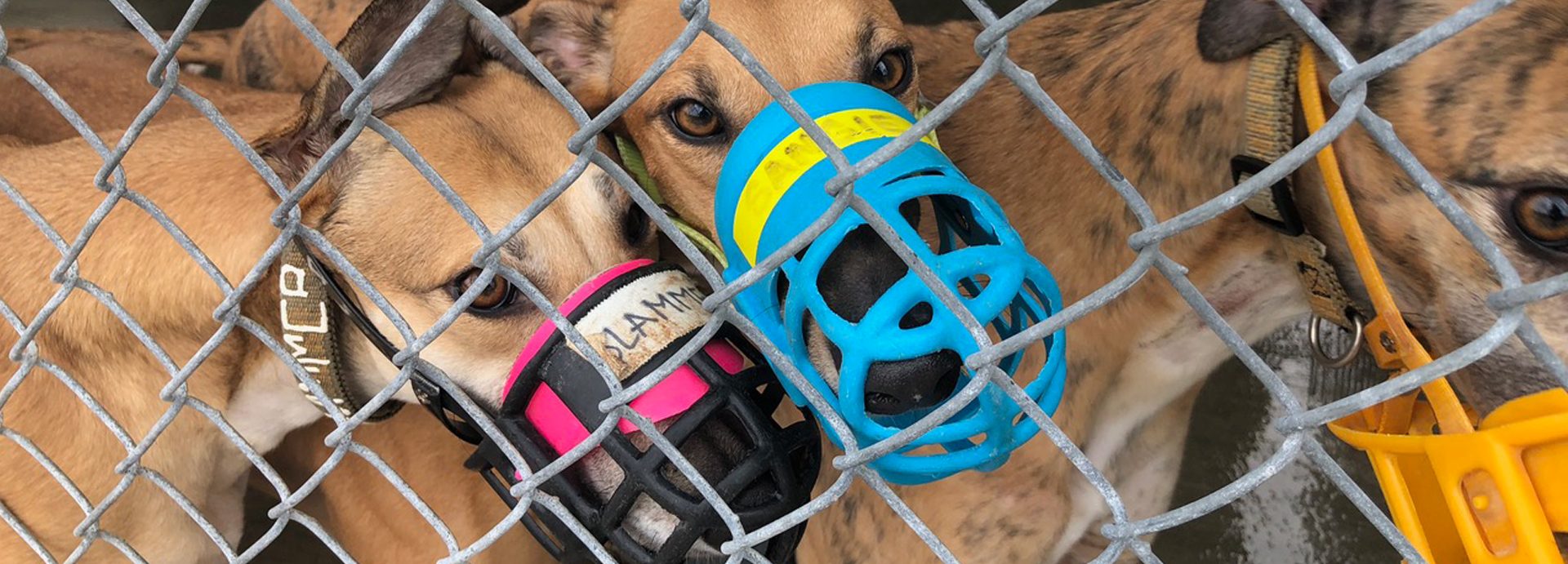SACRAMENTO – Today, Assemblymember Richard Bloom (D-Santa Monica) introduced Assembly Bill 1953, legislation to expand licensed veterinarians’ scope of practice to include the collection and sales of blood and blood products collected from dogs.
Existing California law requires animal blood banks to collect blood exclusively from so-called “closed colonies” – which confine donor animals to cages and kennels for months or years. By contrast, other states allow blood banks to collect animal blood in a community-based, voluntary setting. These programs don’t rely on confined animals and lead to greater access and reduced waiting times, which can be critical in emergency situations.
Volunteer animal blood donor programs have now been established in many University-based veterinary teaching hospitals, including UC Davis, as well as at larger urban veterinary referral and emergency clinics.
“The legislature made progress during the last session to envision a path forward to expanding the supply of blood for dogs through a voluntary model similar to human blood banking,” said Assemblymember Bloom. “Governor Newsom has called on us to work with him and stakeholders to craft a better balance to ensure that we transition away from the outdated and inhumane model into one we can be proud of. We can do so much better for the animals in our state and we will aim to craft a bill that balances animal welfare and the need for safe, essential animal blood through voluntary, community-based collection methods.”
AB 1953 is co-sponsored by the Beagle Freedom Project, the American Society for Prevention of Cruelty to Animals (ASPCA), and Grey2KUSA.

